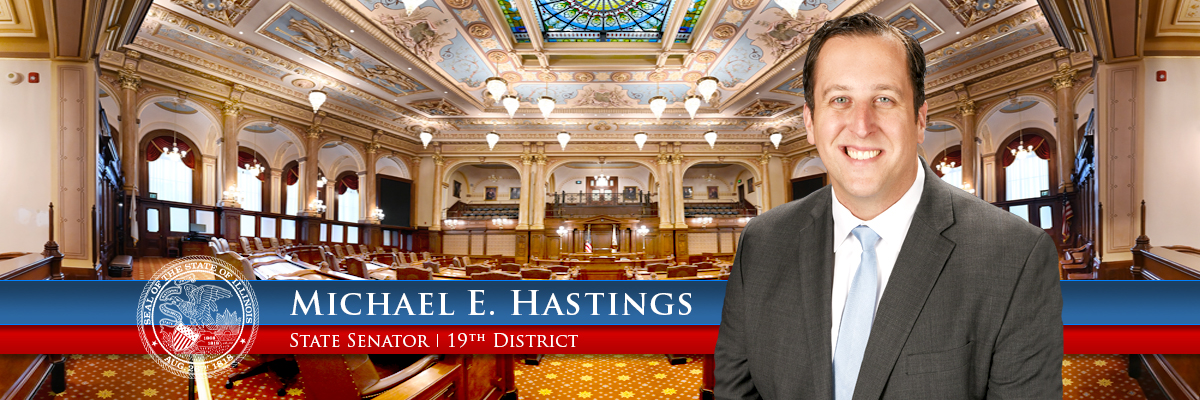Hastings-backed law creates new state agency to support early education
- Details
- Category: Press Releases
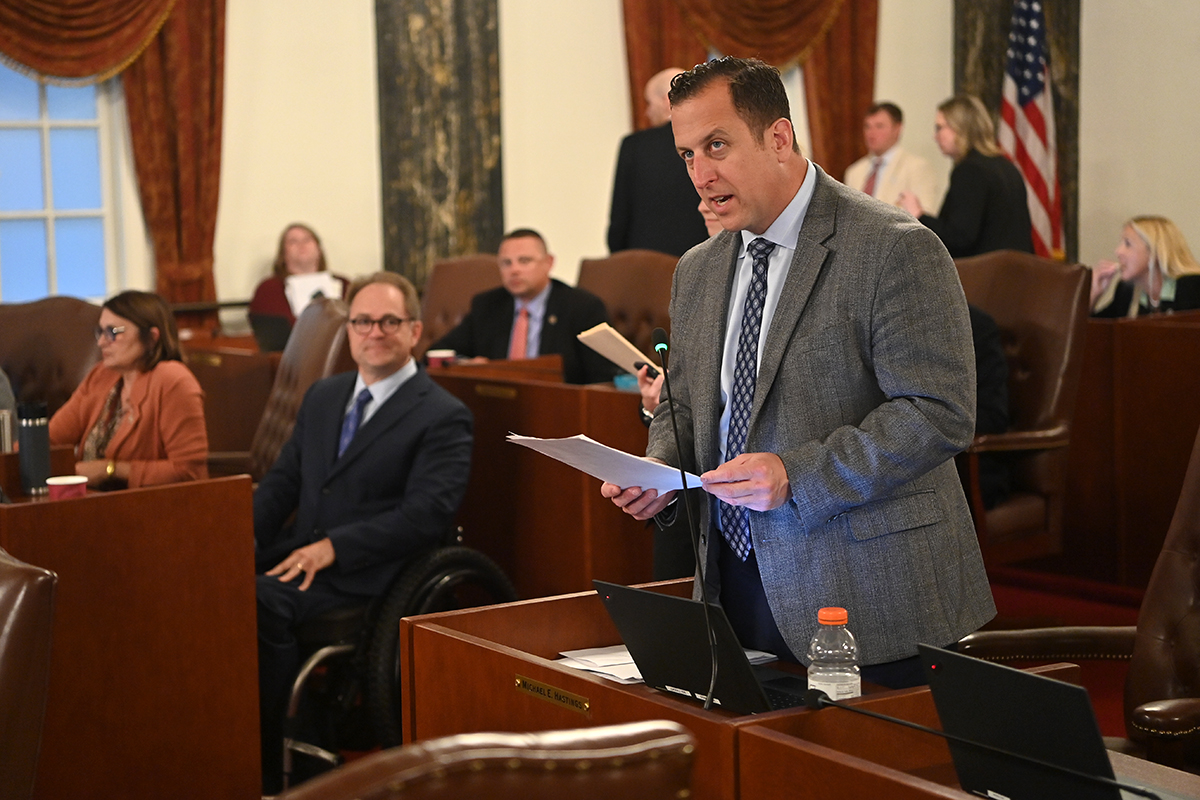
SPRINGFIELD – Illinois will soon see the creation of the Department of early Childhood, thanks a new law supported by State Senator Michael E. Hastings.
“Our children’s early education experiences set the trajectory for their future learning outcomes,” said Hastings (D-Frankfort). “This new agency will support our mission to prioritize students across our communities by providing them with opportunities to be successful.”
Senate Bill 1 furthers Hastings’ priorities by enlisting the Department of Early Childhood — which will be created July 1, 2024 — to be the lead agency for administering and providing early childhood education and care programs and services to children and families across Illinois.
During Hastings’ time in the Senate, he has fought to secure funding to support Illinois students through the establishment of the state’s bipartisan, historic funding formula fix that helps ensure schools are funded fairly regardless of a child’s ZIP code, steadily increasing school and education funding through the state budget, and increasing the amounts for need-based student assistance at the state’s community colleges and public universities.
Hastings: FY 2025 budget prioritizes investments in our future
- Details
- Category: Press Releases
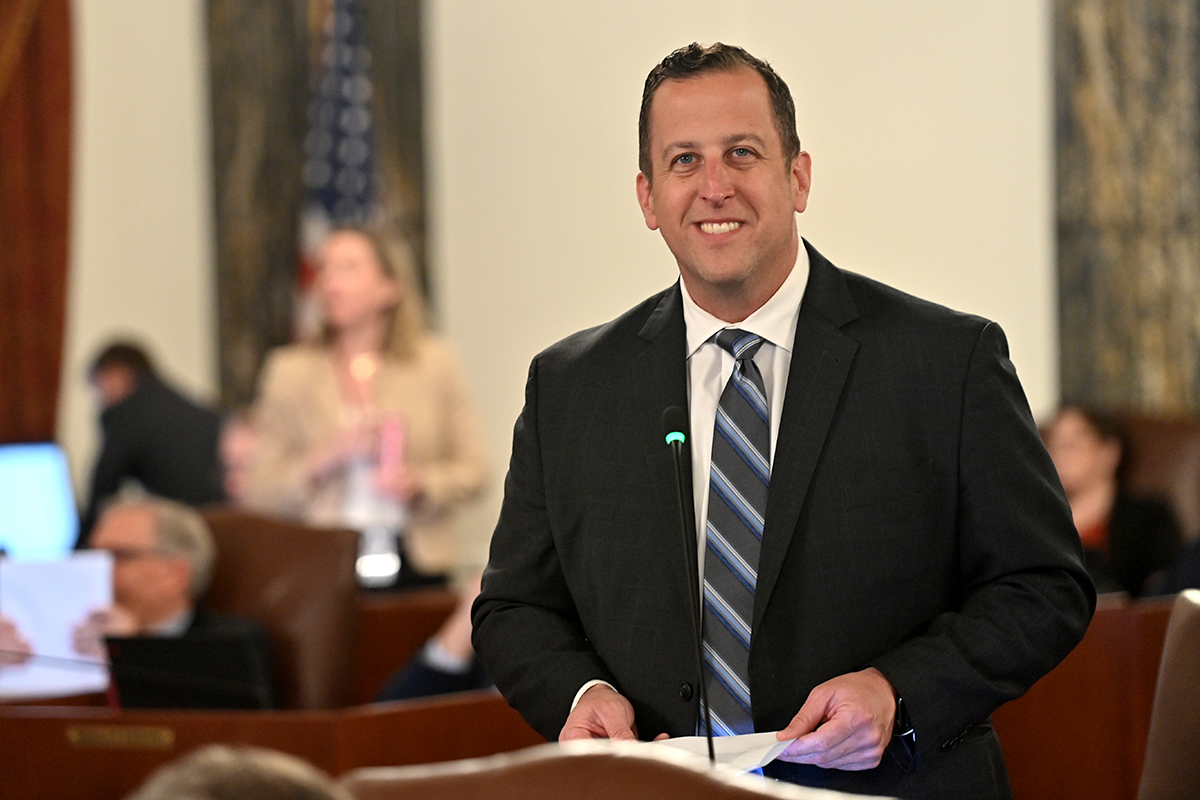
SPRINGFIELD – State Senator Michael E. Hastings (D-Frankfort) released the following statement on the governor signing the Fiscal Year 2025 budget:
“The FY 2025 budget is one that builds on our commitment to investing in our future. Whether it’s in education or technology, this budget lays a strong foundation for continued growth and innovation. With these strategic investments, Illinois is poised to lead our country well into the future.”
Hastings measure brings residents one step closer to obtaining mobile IDs
- Details
- Category: Press Releases
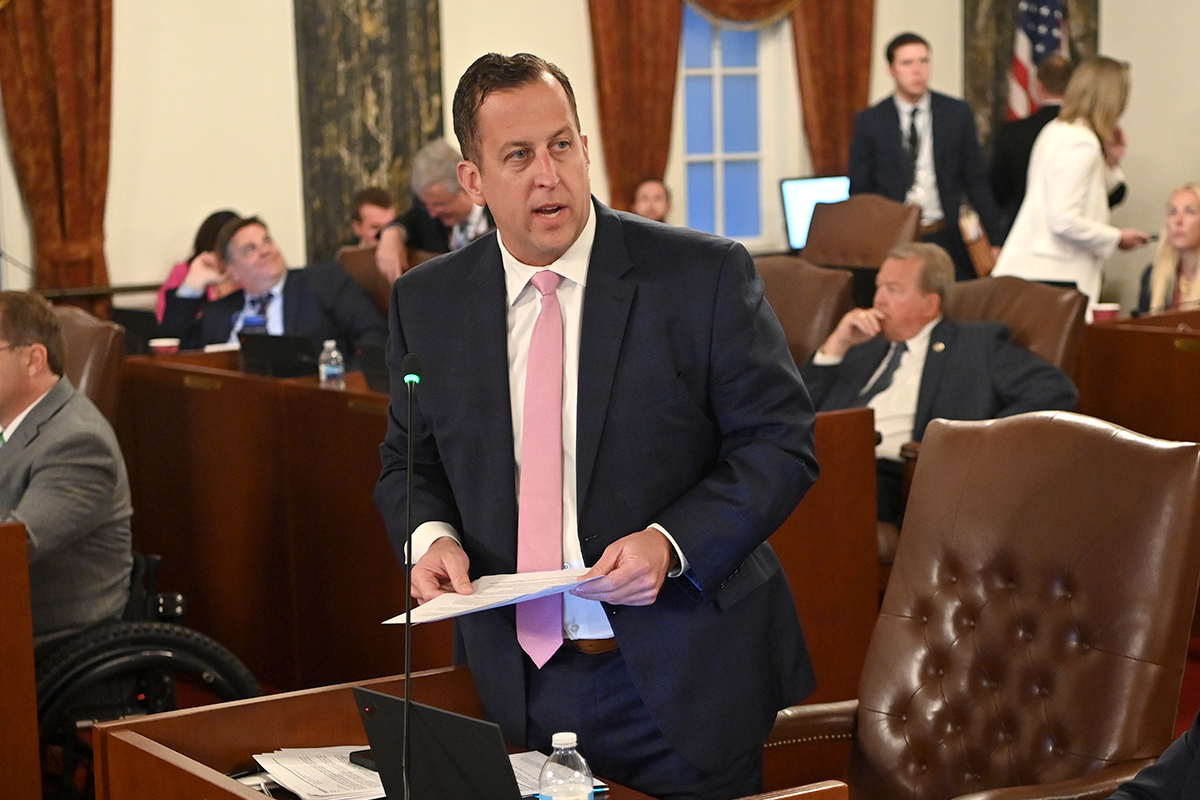
SPRINGFIELD – Illinoisans with a valid driver’s license or ID may soon be able to request a mobile version of identification from the Secretary of State, thanks to a measure championed by State Senator Michael E. Hastings.
“Embracing digital solutions is crucial for making state services more accessible and efficient,” said Hastings (D-Frankfort). “By allowing residents to carry a digital version of their driver’s license or ID card on their phone, we are streamlining daily activities that require identification, such as traffic stops and age verification.”
A key feature of Hasting’s measure is the requirement that mobile driver’s license and ID’s use an electronic credential system – such as a barcode system – to certify there is no requirement for individuals to surrender possession of their mobile device to the requesting party. This ensures that residents maintain control and privacy over their mobile devices at all times.
Hastings passes legislation to fight catalytic convertor theft
- Details
- Category: News
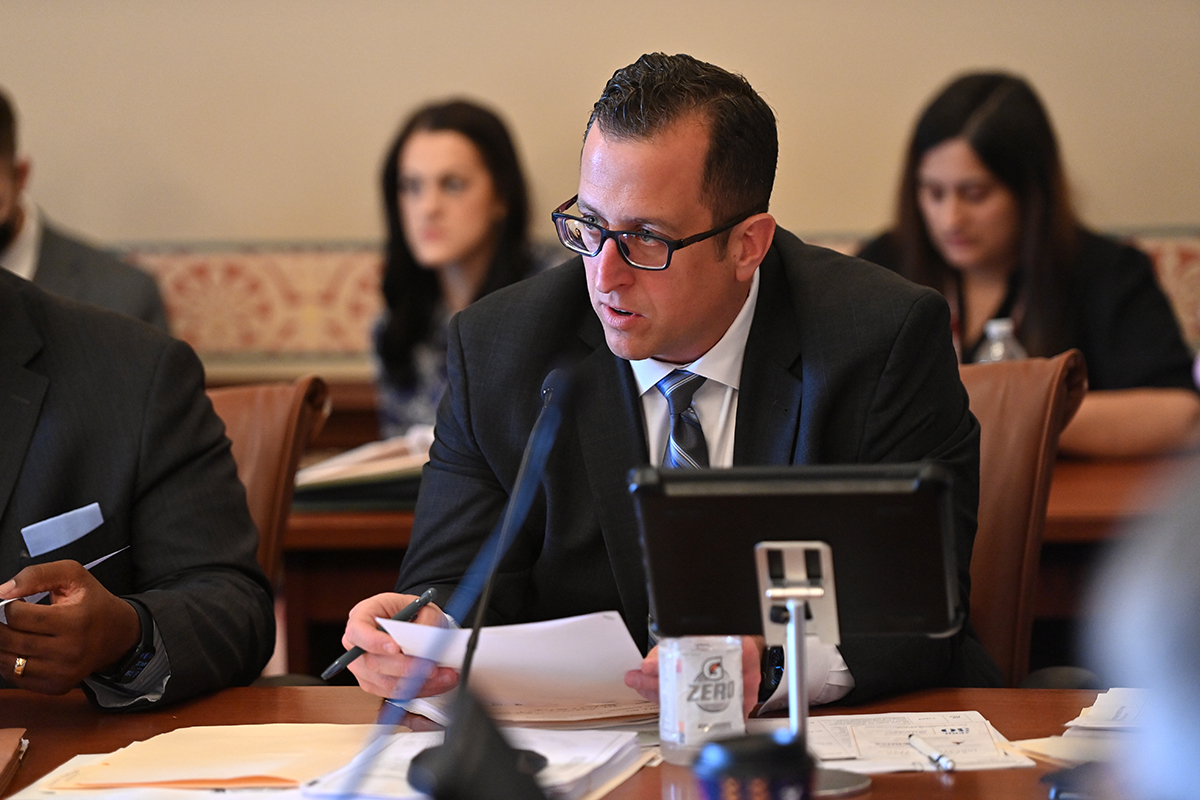
SPRINGFIELD – There may soon be a law on the books to provide vehicle owners with a defense against the rise in theft of catalytic convertors in Illinois thanks to efforts from State Senator Michael E. Hastings.
“This initiative provides vehicle owners with another line of defense to make it difficult for those stealing catalytic converters to sell and profit off the illegal sale of these parts,” said Hastings (D-Frankfort). “Undergoing the process of filing an insurance claim and replacing catalytic converters is an unnecessary burden on drivers.”
Hastings’ measure, House Bill 4589, would require recyclable metal dealers to keep records of the vehicle identification number of the vehicle from which the catalytic converter was removed and any numbers, bar codes, stickers, or other unique markings of the catalytic convertor.
It would also require them to obtain and retain a copy of the certificate of title or uniform invoice showing the seller's ownership of the vehicle in transactions involving catalytic convertors.
More Articles …
Page 18 of 58
